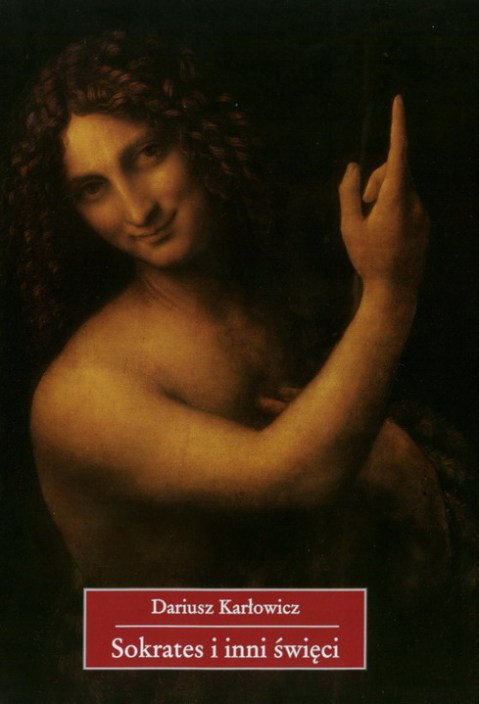So far this blog has spent some time on unpopular causes by exploring recent historical research. For example, this post took on the widespread idea of the early Church as a hippie commune, whereas this one suggests pluralism is an old hat issue for Christians.
In the latter post I quote Robert L. Wilken as saying, “Christians, however, have long had to face the challenge of other religions.” My esteemed colleague Peter Escalante responded to Wilken with the following, “Christians have long had to face the challenge of other Christians.” This is also true (even if Calvinism is a very recent phenomenon).
Messy pluralism always flourishes within Catholic orthodoxy, whereas heresies have attempted to clean up the holy mess. Who’s responsible for this? Dariusz Karłowicz, a Polish scholar of the Fathers, singles out the following benefactor:
“Christianity might owe its variety of legitimate paths, or as Clement of Alexandria puts it, streams that feed the current of a river, to this very detachment from any particular philosophy. This variety would have been unthinkable had Constantine chosen to impose the Stoic, Epicurean or Platonic ways of life, and their attendant restrictions, upon his empire after the Battle of Milvian Bridge. And so it is not just a matter of what would have been the official philosophy of the empire, but also what elements of the pagan heritage would have been decisively excluded. It is possible that dialectic (cynics) would have been excluded, or poetry (Plato), while everyone, without exception, including the butcher and tailor, would haven been required to learn astronomy, geometry or music. The varieties of Christianity, incomprehensible to the Greek spirit, point toward a certain non-rigorous optimism,which gives expression to the belief that the world is essentially good and so the greatest works of humanity could not have come into being without God’s will and God’s inspiration.”
This passage is from the book Sokrates i inni święci [Socrates and Other Saints] recently translated by yours truly. The book contains plenty of other surprising insights as it goes through the writings of Justin Martyr, Tertullian, Clement of Alexandria, Origen, and their strategy of presenting Christianity as a philosophical way of life.
The author and I are currently courting publishers in the States. Please let us know if you’re interested. I’ll post a few more passages from the book in the coming weeks and months.



Since Christians seem to disagree with other Christians, what then constitutes a real Christian? Or as they question in Israel, who’s the real Jew?
There’s also the added problem that Christianity is an offshoot of Temple Judaism as much as rabbinical Judaism (meaning, pretty much any of the varieties of Judaism we see today). Hope this complicates your question.
It’s just that there is so much rhetoric amongst Christians and yet they can never seem to agree on exactly what a Christian is. How can people not help but be confused by there being too many prophets on the pulpit?
If you want book recommendations I’d be more than happy to oblige. The answer to this question would require more than a quick blogpost reply.
Since it looks like you’re anticipating something like a shorthand answer the following criteria are a good start:
a) historical continuity, b) liturgical continuity, c) dogmatic continuity and development, and d) statistical robustness.
Given all these criteria there are two main candidates, but you should be aware of this if you’re getting involved in this discussion.
Pingback: My Being Turns to Smoke | Cosmos the in Lost
Pingback: Plato
Pingback: Czesław Miłosz | To Raja Rao | Cosmos the in Lost
Pingback: Athens and Jerusalem: Philosophy as a Way of Life | Cosmos the in Lost
Pingback: “Socrates and Other Saints” Preview! | Cosmos the in Lost
Pingback: One More Nortre Dame Book on/and the Legacy of Solidarność | Cosmos the in Lost
Pingback: Abortion, Natural Law, & Antisemitism | Cosmos the in Lost
Reblogged this on Cosmos the in Lost and commented:
Here is one of the more controversial early posts.
chicagoja writes : “what then constitutes a real Christian?”
The standard by which that is answered is found in the Church established by Christ.
Insofar as one reflects the Catholic Faith, one is a Christian.